“You used to see them everywhere: young people calling themselves influencers and telling people what to eat, buy, or do today. Now they are relatively quiet. Their role at the talkshow table and in the general media has been taken over by proven experts. There is hardly any time for light news. The people want relevant information they can rely on.”
Influencers
“Foodservice is a very fragile industry, and is being hit extra hard by this crisis. Margins are already limited. Add to that social distancing guidelines necessitating serving fewer people, and it’s almost impossible to run a profitable business. I predict a new trend: the focus-filter. I already saw it begin in the previous decade, but it could be a possible solution for restaurants in the months to come. Belgian Michelin-starred chef Kobe Desramaults uses it in his restaurant Chambre Séparée in Gent. It works like this: the restaurant is open five days a week, with two shifts every day, for 40 weeks a year. Space is limited and each shift seats a maximum of 16 people. Each guest faces the kitchen. The chef has the full attention of the guests and in return the chef focuses on the guests and the food. During the shifts the chef is hyperfocused, but in exchange he can take weekends and twelve full weeks a year off. This way he can still run his business and provide a quality experience, while following any social distancing guidelines.”
The focus-filter
“People will be scared to touch things like door handles and elevator buttons. I predict a swift rise of automation-focused technology. Toilet stall doors that open and close automatically, taps with motion sensors, by the end of the year they’ll be everywhere.”
Automation
“Our relationship with travel will change completely. We will be less tempted by the overstuffed hotels with all you can eat buffets available all day. If we do travel, it won’t be far. Especially here in Europe I see a rise in groups choosing to vacation in a nice house in the remote countryside. They’ll have their own pool, their own place, and be surrounded by their significant others without having to worry about strangers. In small countries like Belgium and the Netherlands this will be problematic. The quiet places will never have been so busy.”
Travel
“Events are cancelled for the foreseeable future, and when summer is over it won’t go back to the way it was. I expect at least twenty percent of the regular event and festival crowd to avoid large scale gatherings for all of 2021. They simply don’t want to take the chance."
Events
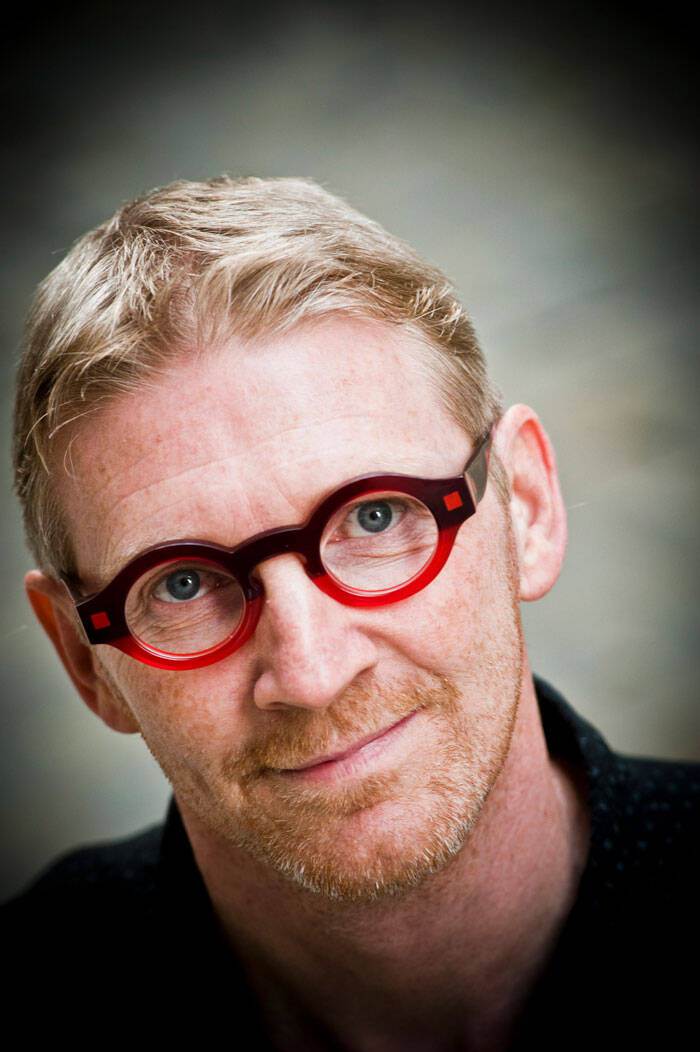
“Plant based foods are going to get an even bigger spotlight. Eating less meat was already trending, and that will only take off more. We may become increasingly suspicious of eating animals, because we now realise animals could be contagious carriers of disease. We are therefore more likely to choose plant based alternatives. If this outbreak had happened ten years ago this would not have happened, because there were not enough viable alternatives and the ones that existed tasted like cardboard. But now we are inundated with quality options."
Plant based
“Some experts say we will end up buying more local products. I am not so sure. Consumers will want to, but are unable to. The massive unemployment rate and the falling consumer confidence will lead to people spending less money. They will look for the cheapest options, and nine out of ten times it won’t be the local producers that have the lowest prices, but the big multinational companies."
Eating locally
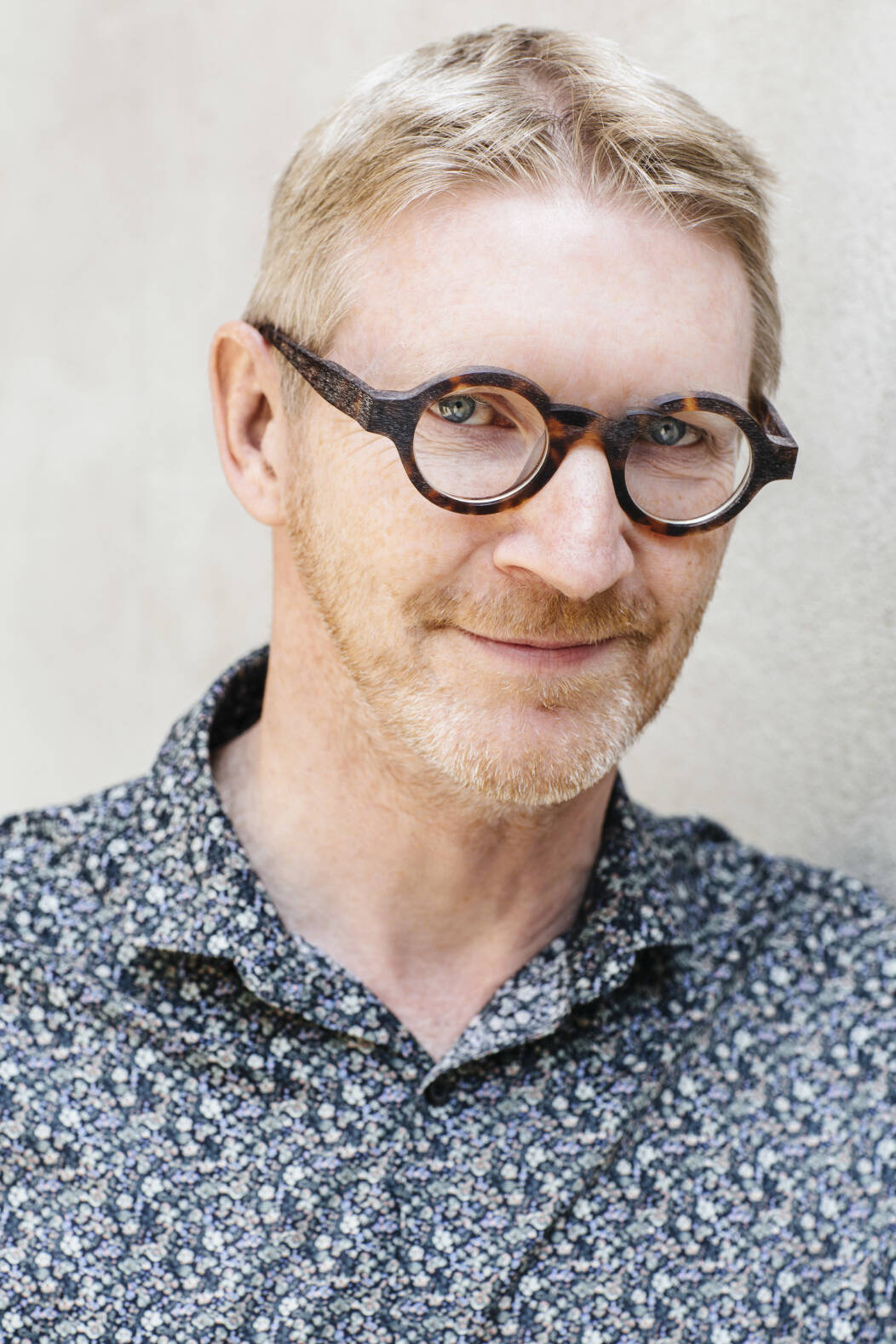
“Post COVID-19 seems to be the key word. Everyone is concerned about the post COVID-19 age. But that age doesn’t exist. We are in a phase between decades. The last day of the previous decade is when this COVID-19 misery started. The first COVID-19 death in China was December 31st 2019. That was followed by a domino effect around the world. Even when we have a vaccine, we won’t go back to the way things were. Our behaviour over the next decade will change enormously."
Post COVID-19
“Economically this is a lost year. The economic backlash will be incomparable. It’ll be much worse than the financial crisis of 2008. Predictions are counting on a drop of at least 10 percent. Consumer confidence will plummet. Many people will end up unemployed. In my home country Belgium at least one in five companies have said that they will struggle and may be forced to let staff go because of this crisis.”
2020
“Many people are saying that they’re getting used to the situation now they’ve been sheltered in place for a few months. That we are adapting to circumstances. But getting used to it kind of means we accept that this is the new normal. That would be bad for us. That’s not what life is about. Human beings want to go out and about. It’d be good if we hated every day spent inside. So that we’ll be out partying and living as soon as it’s responsible to do so.”
Getting used to it
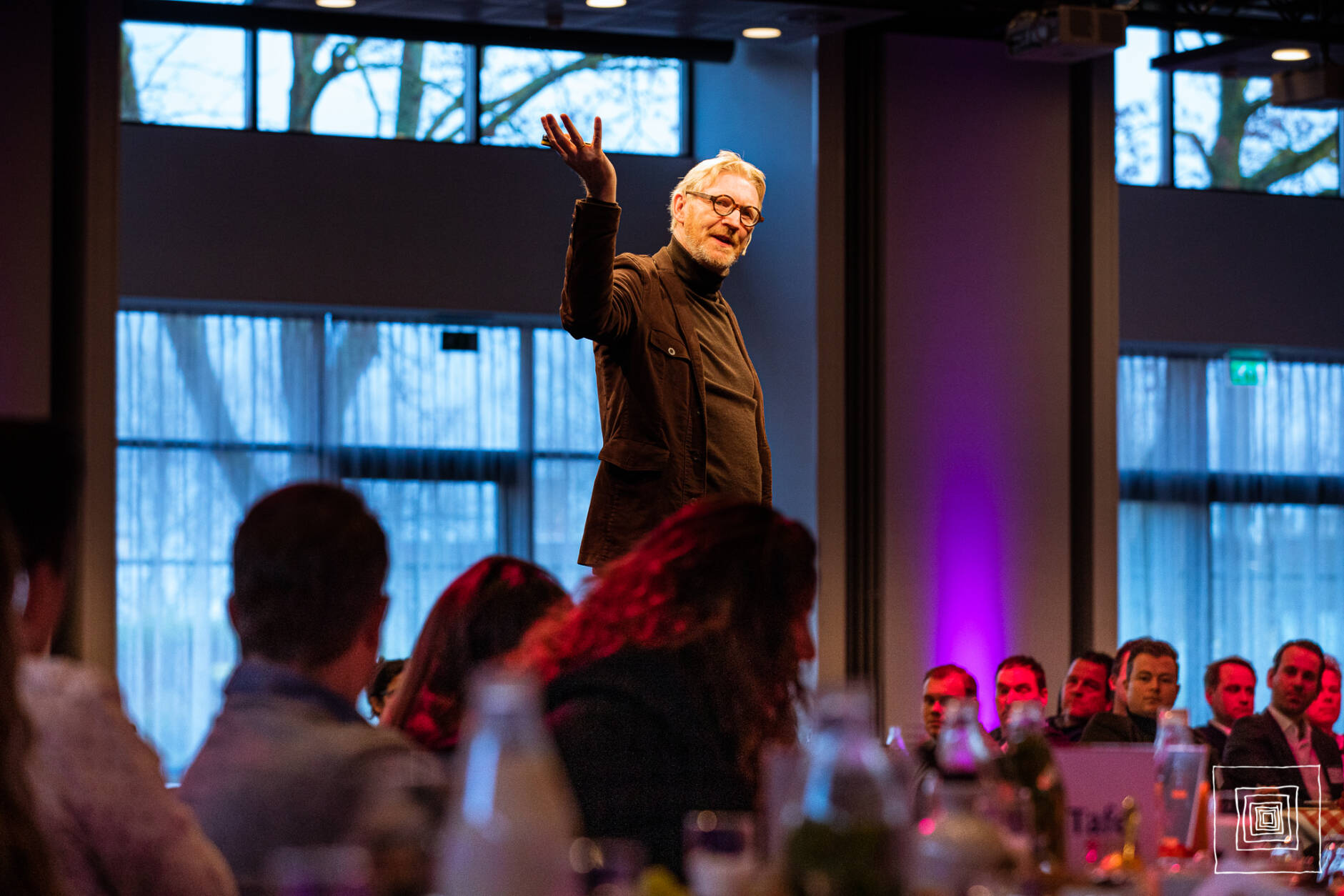
The Living Cafe
779 Bukit Timah Road, Singapore
https://thelivingcafe.com/
Image not representative, The Living Cafe did not respond to requests for comments.
Maaike de Reuver Sander van der Meij
Herman Konings is an internationally renowned trend analyst and consumer psychologist. Food Inspiration asked him for his vision on these COVID-19 times and the long term effects of the current crisis.
EXPERT OPINION
4 min
CONSUMER PSYCHOLOGIST LOOKS AT OUR FUTURE
“You used to see them everywhere: young people calling themselves influencers and telling people what to eat, buy, or do today. Now they are relatively quiet. Their role at the talkshow table and in the general media has been taken over by proven experts. There is hardly any time for light news. The people want relevant information they can rely on.”
Influencers
“Foodservice is a very fragile industry, and is being hit extra hard by this crisis. Margins are already limited. Add to that social distancing guidelines necessitating serving fewer people, and it’s almost impossible to run a profitable business. I predict a new trend: the focus-filter. I already saw it begin in the previous decade, but it could be a possible solution for restaurants in the months to come. Belgian Michelin-starred chef Kobe Desramaults uses it in his restaurant Chambre Séparée in Gent. It works like this: the restaurant is open five days a week, with two shifts every day, for 40 weeks a year. Space is limited and each shift seats a maximum of 16 people. Each guest faces the kitchen. The chef has the full attention of the guests and in return the chef focuses on the guests and the food. During the shifts the chef is hyperfocused, but in exchange he can take weekends and twelve full weeks a year off. This way he can still run his business and provide a quality experience, while following any social distancing guidelines.”
The focus-filter
“People will be scared to touch things like door handles and elevator buttons. I predict a swift rise of automation-focused technology. Toilet stall doors that open and close automatically, taps with motion sensors, by the end of the year they’ll be everywhere.”
Automation
“Our relationship with travel will change completely. We will be less tempted by the overstuffed hotels with all you can eat buffets available all day. If we do travel, it won’t be far. Especially here in Europe I see a rise in groups choosing to vacation in a nice house in the remote countryside. They’ll have their own pool, their own place, and be surrounded by their significant others without having to worry about strangers. In small countries like Belgium and the Netherlands this will be problematic. The quiet places will never have been so busy.”
Travel
“Events are cancelled for the foreseeable future, and when summer is over it won’t go back to the way it was. I expect at least twenty percent of the regular event and festival crowd to avoid large scale gatherings for all of 2021. They simply don’t want to take the chance."
Events
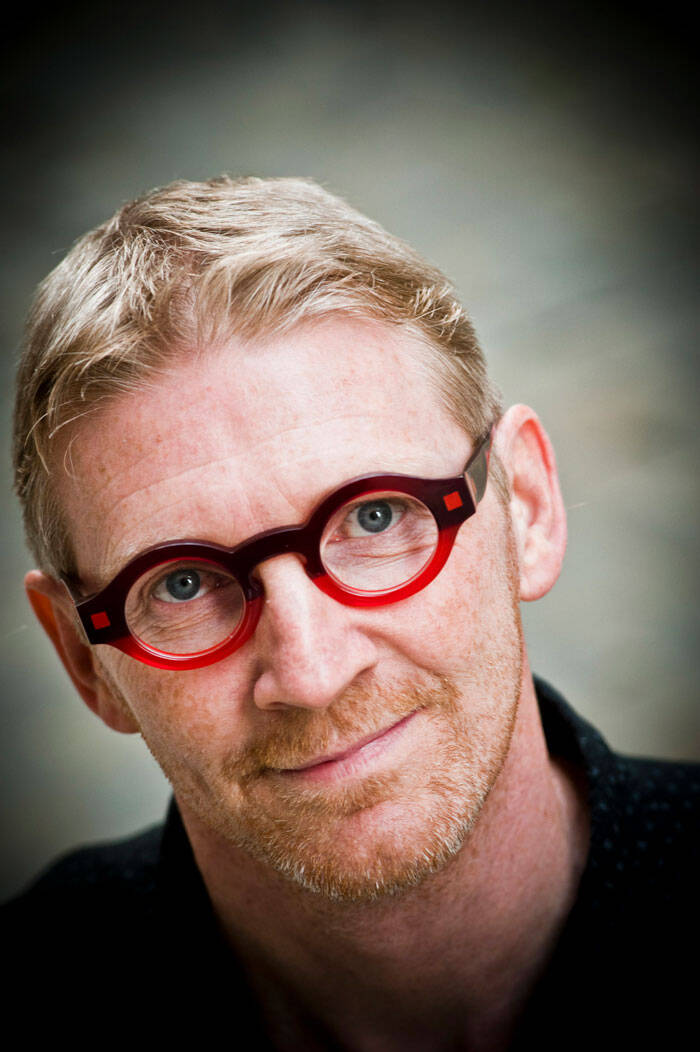
“Plant based foods are going to get an even bigger spotlight. Eating less meat was already trending, and that will only take off more. We may become increasingly suspicious of eating animals, because we now realise animals could be contagious carriers of disease. We are therefore more likely to choose plant based alternatives. If this outbreak had happened ten years ago this would not have happened, because there were not enough viable alternatives and the ones that existed tasted like cardboard. But now we are inundated with quality options."
Plant based
“Some experts say we will end up buying more local products. I am not so sure. Consumers will want to, but are unable to. The massive unemployment rate and the falling consumer confidence will lead to people spending less money. They will look for the cheapest options, and nine out of ten times it won’t be the local producers that have the lowest prices, but the big multinational companies."
Eating locally
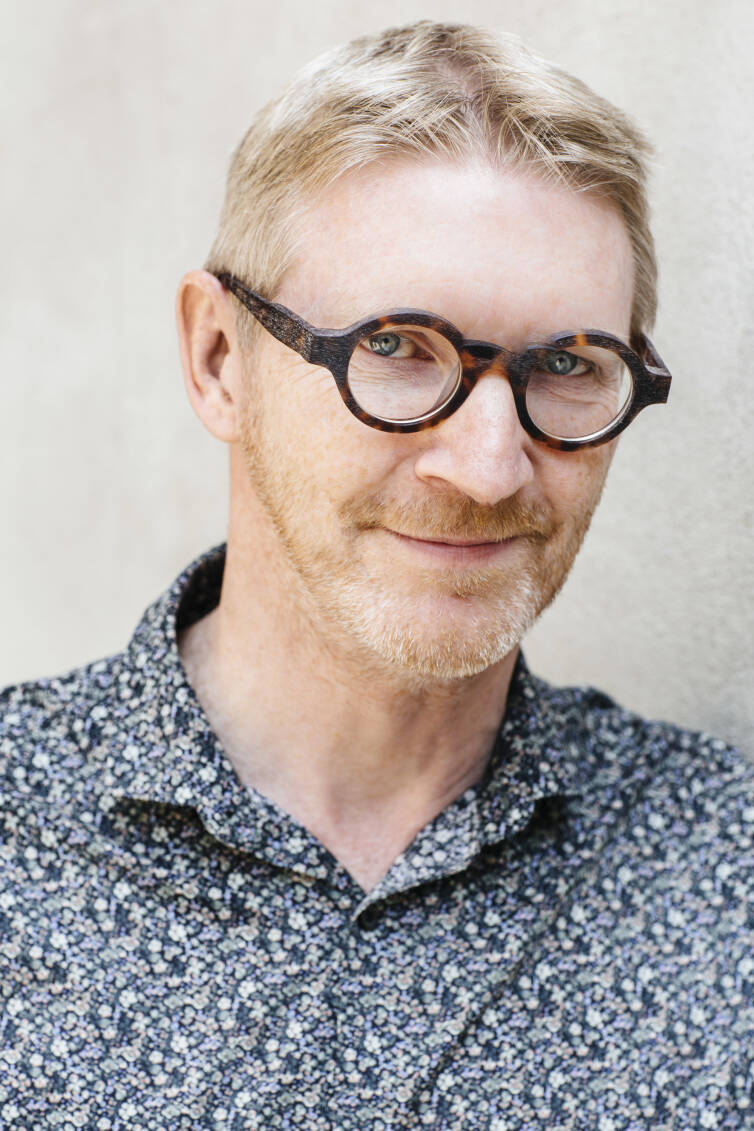
“Post COVID-19 seems to be the key word. Everyone is concerned about the post COVID-19 age. But that age doesn’t exist. We are in a phase between decades. The last day of the previous decade is when this COVID-19 misery started. The first COVID-19 death in China was December 31st 2019. That was followed by a domino effect around the world. Even when we have a vaccine, we won’t go back to the way things were. Our behaviour over the next decade will change enormously."
Post COVID-19
“Economically this is a lost year. The economic backlash will be incomparable. It’ll be much worse than the financial crisis of 2008. Predictions are counting on a drop of at least 10 percent. Consumer confidence will plummet. Many people will end up unemployed. In my home country Belgium at least one in five companies have said that they will struggle and may be forced to let staff go because of this crisis.”
2020
“Many people are saying that they’re getting used to the situation now they’ve been sheltered in place for a few months. That we are adapting to circumstances. But getting used to it kind of means we accept that this is the new normal. That would be bad for us. That’s not what life is about. Human beings want to go out and about. It’d be good if we hated every day spent inside. So that we’ll be out partying and living as soon as it’s responsible to do so.”
Getting used to it
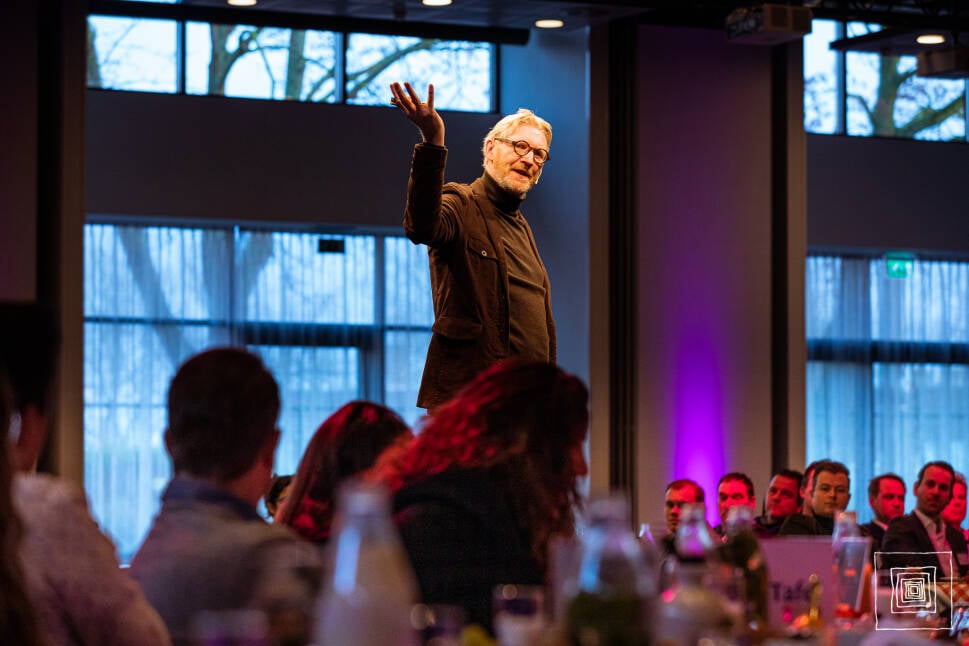
Herman Konings is an internationally renowned trend analyst and consumer psychologist. Food Inspiration asked him for his vision on these COVID-19 times and the long term effects of the current crisis.
Klaever Health
Rozengracht 217, Amsterdam, Netherlands
https://www.klaever-health.nl/
Maaike de Reuver Sander van der Meij
4 min








